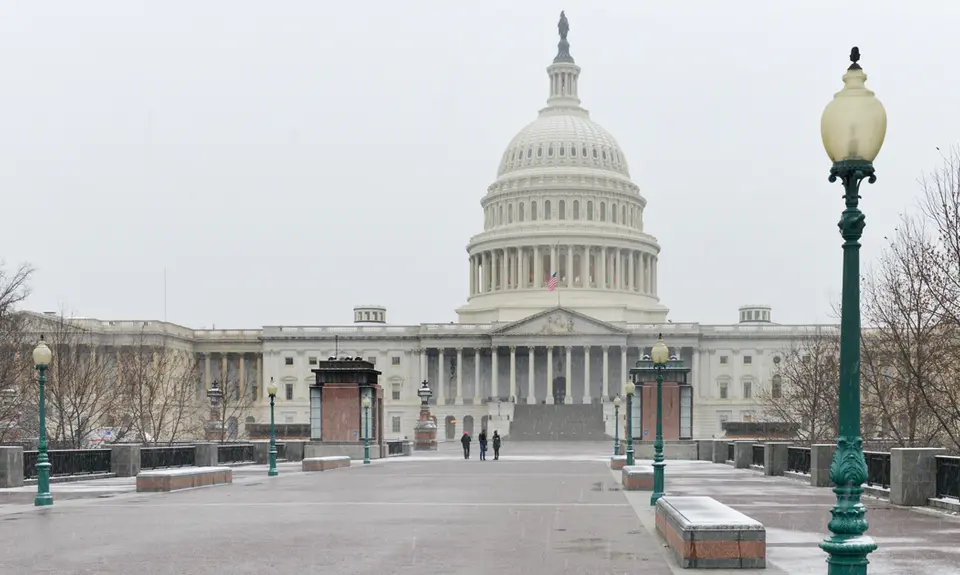On Monday, February 3 and Tuesday, February 4, the Congressional Black Caucus (CBC) held the 2020 National Black Leadership Summit: An Emergency Convening in Washington, D.C. More than 600 Black leaders attended the event to discuss the 2020 census and the fight for voting rights and other threats facing the Black community. The CBC organized the National Black Leadership Summit in partnership and solidarity with civil rights, labor, social justice, faith-based, professional and student organizations.
A panel on day one entitled “What’s at Stake in 2020: The Election and the Census” emphasized the significance of the 2020 census and the dangers of being undercounted. Political strategist and former pollster Cornell Belcher, who is known for his nonconformist and transformative work, aimed to push boundaries in the conversation about race, began by sharing vital demographic data related to the upcoming and previous electorate. Belcher stressed that its expansion could lead to victory against Donald Trump in November; citing Edison Research, Belcher compared the demographics of the electorate in previous years, in which white Americans 79 percent, with Black voters following at 12 percent and Latinx voters at six percent, to the upcoming electorate this year, which is expected to be a more diverse group, with an estimated 55 percent of white voters, 20 percent Black voters and 18 percent Latinx voters participating.
Belcher reminded attendees that a majority of white Americans have not voted for the Democratic Party since LBJ’s passage of the Civil Rights Act of 1964, and in 2020, we can’t say for sure that the same bill would pass. But Barack Obama reached historic margins in 2008, significantly increasing voter turnout and winning the presidency. Belcher stressed that there is power in mobilizing communities whose votes have been historically suppressed, including communities of color and young voters. Throughout the event, attendees were encouraged to take the information and conversations back to their respective communities, groups, families, organizations, and to remain engaged in the fight to defeat Trump. As Barbara Williams-Skinner of the National African-American Clergy Network said, “The cavalry isn’t coming -- we are the cavalry.”
The conversation underscored the significance and necessity of Black voters’ participation in our democracy not just in 2020 through the election and the census, but also through the redistricting period in 2021, the 2022 midterm elections and beyond. Adrianne Shropshire, the Executive Director of BlackPAC, summed up the event’s spirit and rallying cry: “We have to see it as a whole. We can’t rebuild it over and over again.”
